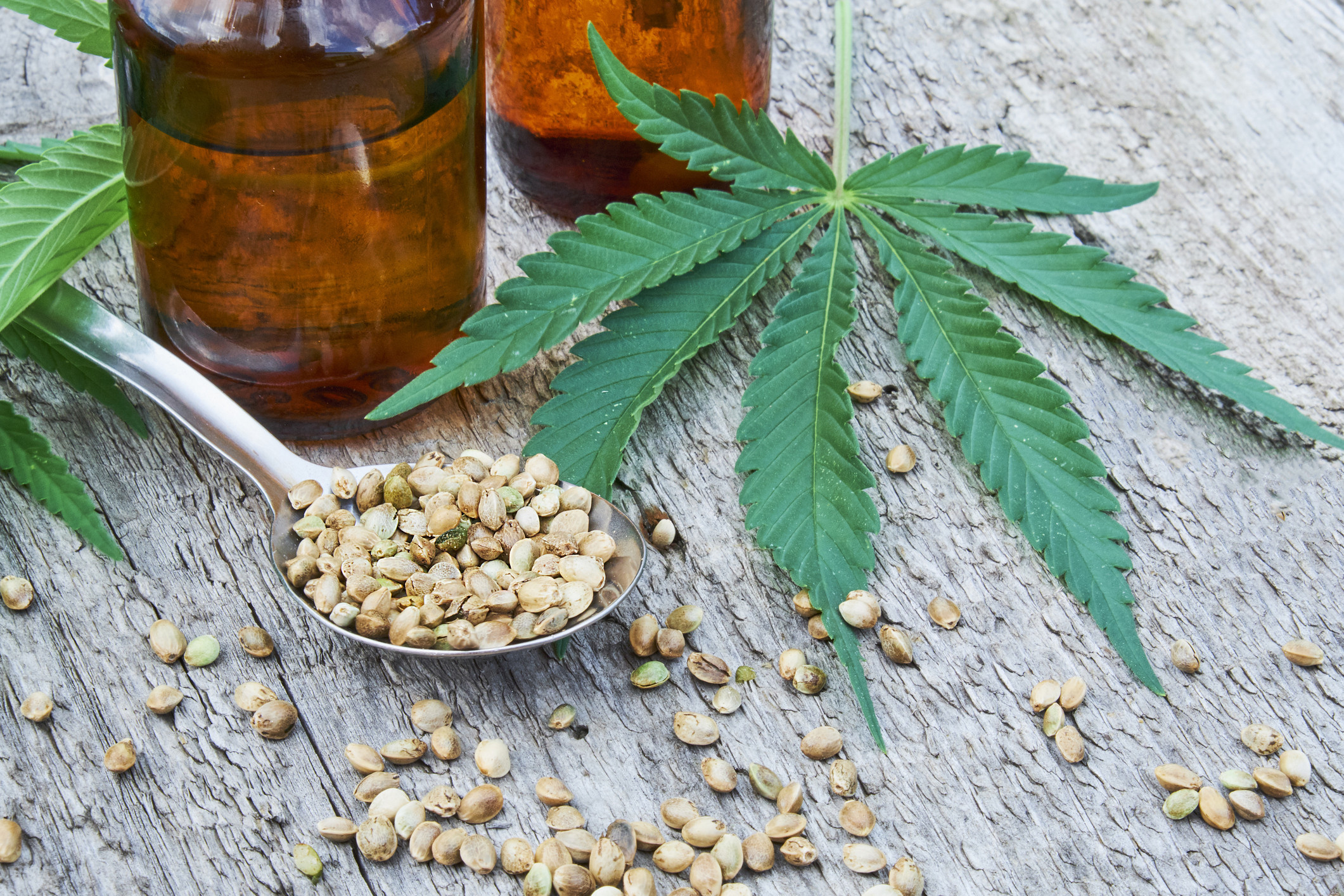 The amount of time that CBD stays in the blood depends on a few factors. Your lifestyle, for example, will affect how much of the compound stays in the bloodstream. An active lifestyle increases metabolism and processes CBD more quickly. CBD is also non-rewarding and non-psychoactive, which means that it does not cause highs or intoxication. Therefore, you can use it without fear of getting addicted.
The amount of time that CBD stays in the blood depends on a few factors. Your lifestyle, for example, will affect how much of the compound stays in the bloodstream. An active lifestyle increases metabolism and processes CBD more quickly. CBD is also non-rewarding and non-psychoactive, which means that it does not cause highs or intoxication. Therefore, you can use it without fear of getting addicted.
1-2 days
The amount of time that CBD stays in the bloodstream depends on a few factors. The most important factor is your metabolism. This is how quickly your body converts food into energy. If you have a fast metabolism, you will metabolize CBD quickly, whereas a slower metabolism will take longer. Once CBD enters your bloodstream, it will be metabolized by your body and then be eliminated as waste. The amount of time that CBD stays in your bloodstream will depend on the amount of CBD you are taking, the type of supplement, and the type of medication you are taking.
If you’re wondering how long CBD stays in your bloodstream, consider that the length of time it remains in the body depends on your age, weight, and metabolism. Also, the amount of CBD you consume will play a role in how long it stays in your bloodstream. The higher the dose of CBD you take, the longer it stays. CBD is fat soluble, so it will last longer in the bloodstream. However, the length of time that it stays in your bloodstream will depend on your own individual circumstances, including your body’s tolerance.
8-12 days
Depending on the dosage and frequency of use, CBD stays in the bloodstream for eight to twelve days. It is fat soluble and is stored in fat cells, so it stays in the bloodstream longer when taken in significant amounts. The duration also depends on a person’s Body Mass Index (BMI). People with a high BMI may take longer to absorb CBD from the bloodstream than those with a lower BMI.
In moderate doses, CBD remains in the bloodstream for two to three days. Its half-life is 18 to 32 hours, which means that one hundred milliliters will remain in the body for eight to twelve days. In some cases, CBD can stay in the body for four to six days, though this should not happen in most cases. In such cases, it is advisable to take a low-dose of CBD. It is recommended that people consume small amounts, as a high dose can cause a negative effect.
5.5 half-lives
How long does CBD stay in the body? A drug’s half-life is a measurement of how long it stays in the body before it is no longer detectable in a blood test. Generally, a drug’s half-life is 5.5 days. In this case, it takes about 11 to 28 days for CBD to completely leave the body and become undetectable in a blood test. However, if you are a regular user of CBD, the time it takes for the drug to leave your system may be longer than this.
The length of time CBD stays in the bloodstream is based on its bioavailability and the amount of the drug in the bloodstream. When the blood level is low, the drug is less potent than when it reaches its highest concentration. In addition to reducing cravings, CBD also inhibits FAAH activity. It also acts on the TRPV1 channel and inhibits adenosine uptake. Moreover, it regulates calcium homeostasis via the mitochondrial sodium/calcium exchanger.
2 weeks
Although not psychoactive, CBD does show up on drug tests. It stays in the body for two to five days depending on how it is consumed and administered. However, it is still undetectable in urine drug tests. For this reason, it is important to read about different methods of CBD extraction. Here, we’ll explore the different methods of consuming CBD and their effects on the body. Read on to discover how long CBD stays in the bloodstream and urine.
How long does CBD stay in the bloodstream? The amount of time that CBD remains in the bloodstream and the rate at which it is metabolized depends on the type of human body. People with higher metabolisms tend to use their calories quickly. While people with slower metabolisms may take longer to use CBD, it will remain in the bloodstream longer if they do not consume food. A quick way to get rid of CBD is by eating something with low fat content.
2 months
The question is how long does CBD stay in the bloodstream. Because CBD is fat-soluble, it will stay in the bloodstream for at least two months. Blood tests, however, don’t detect THC for as long. It takes about 30 days to metabolize and about ten days to leave the body. But the good news is that it is not difficult to detect CBD in the bloodstream for as long as two months.
The length of time that CBD stays in the bloodstream is influenced by several factors, including the method of administration and the amount of CBD consumed. According to Dr. Johnson-Arbor, the more CBD one consumes, the longer it stays in the bloodstream. The amount of CBD per dose is also a factor in the length of time CBD stays in the bloodstream. However, it is important to remember that different people experience different effects from CBD.
3 months
While it is true that CBD stays in the bloodstream for at least three months, there are a number of factors that affect the length of time it is retained. First, you should consider the different types of CBD. Some types of CBD are not readily metabolized, so they are stored in fat cells. Another factor that affects how long CBD stays in the bloodstream is the amount of CBD that a person takes.
Another way to consume CBD is through transdermal patches, which are applied to the skin. These patches seep cannabinoids into the bloodstream. The effect is longer-lasting than that of the other two methods of ingestion, which take about one day to take effect. This method of consumption is not recommended for people who are about to take a drug test. However, it is recommended for people who are under the influence of cannabis or who are concerned about passing a drug test. The duration of CBD in the bloodstream depends on the dosage, the method used and the frequency of consumption.
4 months
How long does CBD stay in your bloodstream? The answer depends on several factors, including the amount of CBD you take, how often you use it, and your body weight. Because CBD is fat-soluble, it’s stored in fat cells and is eliminated slowly from your body. Besides, your body weight influences how long CBD remains in your bloodstream. A person with a lower body mass will experience a shorter period of CBD retention in the bloodstream.
Studies have shown that CBD stays in the bloodstream for at least 4 months after use. In addition, it has been shown to improve mood, sleep quality, and anxiety in patients with schizophrenia. In fact, more than 80% of patients experienced improvement in their symptoms in just two months of treatment. Meanwhile, only 19.5% reported a decline in their symptoms. The effects of CBD on anxiety and sleep remain controversial. But despite the widespread disbelief in the drug, it has been proven to be an effective treatment for a variety of conditions.
6 months
Although CBD can be detected in the blood for an extended period, it stays in the blood for just a few hours after use. Heavy users may see their CBD levels in their bloodstream for up to a week. A 2005 study found that CBD from full-spectrum hemp products tended to last longer in the blood, despite the fact that THC in cannabis is illegal and the substance is not psychoactive. In fact, CBD has low levels of THC, so it may cause a false positive in some tests.
The time CBD remains in the bloodstream depends on how active an individual is. An active lifestyle increases the metabolism of the body, so CBD is processed more quickly. CBD has also been classified as a non-rewarding and non-psychoactive substance, meaning that it does not produce a psychoactive effect. As a result, people with high muscle to fat ratios will have to take higher doses of the drug.
7 months
Studies have shown that CBD remains in the bloodstream for up to 7 months, but it is important to remember that it can remain in the body for longer. Its half-life is between 18 and 32 hours, so the longer you consume the drug, the more it will stay in the body. However, there are several factors that influence how long CBD stays in the bloodstream. For example, if you have a drug test coming up, you may want to flush it out faster.
Testing for THC and CBD levels in the blood is also important because these compounds have different half-lives in the human body. It is THC that makes us feel high when we use marijuana, while CBD is not psychoactive. However, THC remains in the bloodstream for about 5 to 6 hours after we ingest it. This means that you won’t show up on a standard five or ten-panel drug test if you take CBD regularly.
10 months
Various factors affect the amount of time CBD stays in the body. This depends on the type and dosage of CBD, the method of consumption, and how the CBD is used. Additionally, CBD is fat-soluble, which means it is stored in fat cells. In addition, the body’s mass can influence the amount of time CBD stays in the bloodstream. Higher body mass means that CBD will take longer to leave the system.
Although the half-life of CBD is still under research, the chemical can linger in the blood for a few weeks or even months. Depending on the source, CBD can be detected in trace amounts in the bloodstream for up to three weeks. The length of time the substance stays in the bloodstream varies from person to person, and the body’s metabolic rate also contributes to the duration of the effect. In general, a single gram of CBD has a half-life of between eight and 12 days. The longer the dose of CBD is, the longer the drug stays in the bloodstream.

